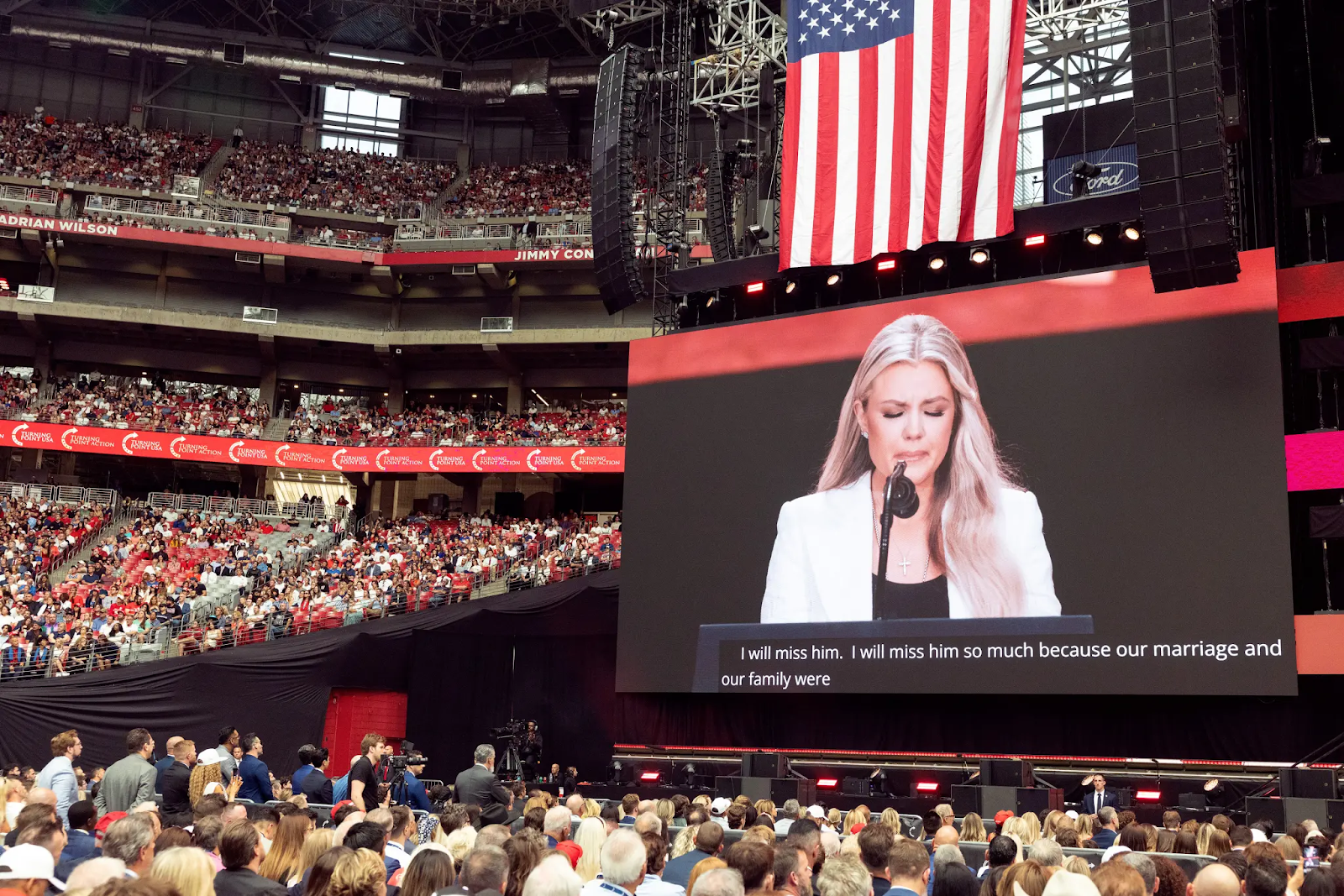On Forgiveness
The transition from summer to fall carries a rhythm older than memory. For our farming ancestors, an abundant harvest meant the difference between survival and despair, and the season came to symbolize renewal.
The Jewish High Holidays draw from this cycle. Rosh Hashanah looks forward, celebrating life and possibility. Yom Kippur looks back and is pensive, asking us to take stock of our actions and to seek forgiveness while extending it to those who have wronged us.
Forgiveness sits at the center of every great tradition. On the cross, at what was likely a Yom Kippur meal just hours before, Jesus asked: “Father, forgive them, for they do not know what they are doing.” The Buddha offered the same wisdom in different words: “Holding on to anger is like grasping a hot coal with the intent of throwing it at someone else; you are the one who gets burned.”
Last Sunday, Erika Kirk, widow of Charlie Kirk, spoke to more than 100,000 fellow mourners in person and millions online. In her grief, she forgave her husband’s assassin. “I forgive him,” she said, “because it was what Christ did, and it’s what Charlie would do.” Her words were both an act of faith and an act of freedom.
We have all been wronged and, in turn, have failed others. The turning of the seasons offers us a chance to pause, reflect, forgive, and begin again. Forgiveness does not erase the past but loosens its grip, making room for grace. In choosing grace, we allow ourselves to enter the new year with lighter hearts and renewed hope.
I wish you a happy, healthy, and prosperous turn of the seasons.
— Sina.

